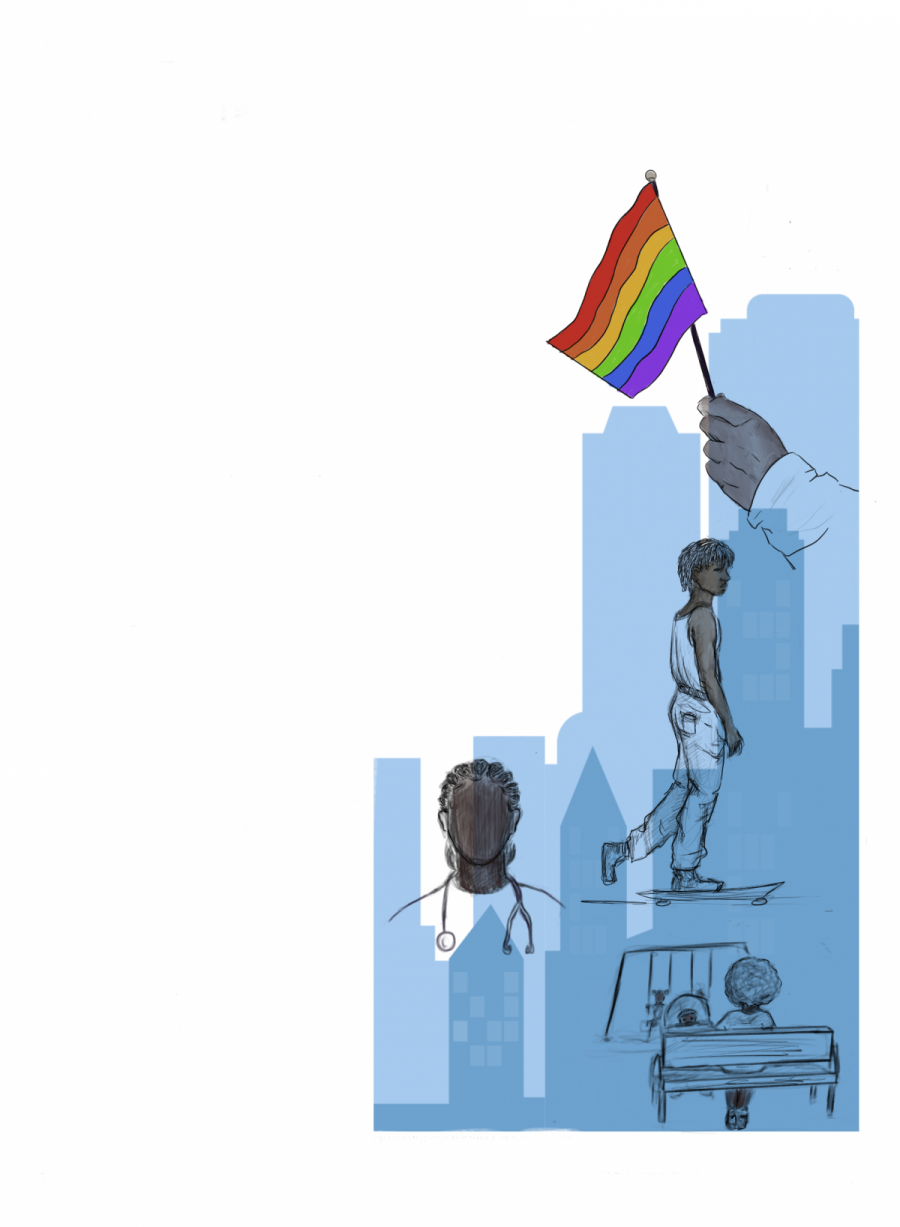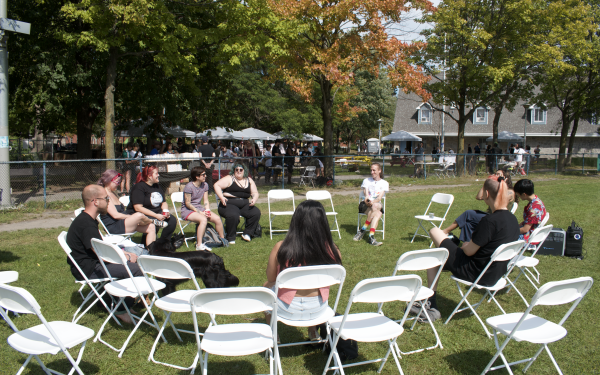The importance of Black Intersectionality
Why Black History Month is performative
As a queer Black person, Black History Month (BHM) is a time to celebrate all my ancestors with pride and teach non-Black folk about why February is so important to us. But do I really have to?
One month a year is unlikely to create lasting impacts on bigots who call their biracial family members the N-word behind closed doors and to their faces. While BHM can be useful for themed activities in the office and infographics on Instagram, the performative and capitalist nature of this festivity has taken over its true significance.
BHM is not inherently performative, but its symbolism must be recounted in order to fully comprehend how far we have strayed from the plot.
In Canada, the inaugural Canadian proclamation was issued in 1979 by Toronto. In 1993, the Ontario Black History Society successfully filed a petition in Ontario to proclaim February as BHM in the country.
In the United States, during February 1926, BHM was originally titled “Negro History Week.” Carter G. Woodson, founder of the Association for the Study of African American History, came up with the idea to “encourage Black Americans to become more interested in their own history and heritage.” Negro History Week was strategically set in February to coincide with the birthdays of President Abraham Lincoln and the former slave turned abolitionist leader, Frederick Douglass, underscoring the period’s historical significance. It was only in 1976 on the 50th anniversary of the beginning of Negro History Week that the shift was made to Black History Month. This transition was due to the widespread success and adoption of the celebration across many states.
With the original intention of this celebration being specifically for Black people to learn more about their heritage, it is difficult to say that it remains this when big corporations profit off this month for BHM products to be sold for consumers to feel as though they are learning about Black history and unlearning biases.
I’m referring to Bath & Body Works’ 2022 BHM collection with their original candles covered in Kente Cloth designs with the words “unity,” “empowered” and “confident” on them.
While the corporation did contribute the funds from the product line to the National Urban League and the Columbus Urban League, the backlash from Black customers on social media was extremely telling.
BHM becomes performative through these gimmicks. Capitalists exploit minorities for profit, remaining silent on supporting the Black community during the other eleven months of the year.
Another factor contributing to the performative nature of BHM is its focus on celebrating the most distinguished Black figures—scientists, doctors, and activists—who undoubtedly merit recognition. I’m proud of my ancestors who have paved the way for our community. However, confining this acknowledgment to just 28 days a year, solely on our revolutionary members, overlooks the broader Black community. Contrary to popular belief, Black people are not a monolith. We do not have to change the course of history to be celebrated and honoured. There is this unspoken pressure for us to be great by what we do rather than who we are.
Experiencing racism, sexism, and homophobia, my identity as a queer Black person is a triple threat, ironically. I often get asked which I identify with the most. After years of reflection, I've realized that my Black identity is an undeniable part of who I am. Although I have been misgendered in the past, I am more often than not female-presenting. Being Black first, female-presenting second and queer third does not change the fact that I cannot just be one. That is the importance of intersectionality in the Black community.
BHM should encapsulate every version of us. The emo, the nerdy, artsy and a million other ways Black people exist on Earth. Star athletes, musicians, and intellectuals earn their place in history with the title of "The first Black..." for their achievements, but Black mediocrity should also be recognized. Let me explain, by Black mediocrity, I’m not referring to the harmful stereotypes and molds Black people are put into everyday, I’m referring to the non-revolutionaries. As in mediocrity is a synonym for ordinary, it implies a level of acceptance but falls short of excellence. The ordinary Black folk that go to work, provide for their families, enjoy the outdoors, are not talked enough about. As if Black people exist on a pendulum, if we’re not excellent, we’re inferior which leaves no room for us to be ordinary, hence the importance of Black mediocrity. Black excellence should be celebrated 365 days a year, its significance is relevant all the time, but do I get a gold star for getting out of bed and going to class today? Can I be celebrated for doing the bare minimum? I know I won’t be talked about in future Black History Month teachings for simply kissing girls and choosing not to ascribe to the gender binary, I must do something remarkable which further perpetuates why BHM is performative.
From Marsha P. Johnson to Malcolm X to Audre Lorde, my ancestors’ contributions have shaped the world in more ways than one. Their names will never be forgotten. At the same time, Black-owned businesses, artists, writers, and just everyday people whose only achievement today was taking a shower, deserve grace and acknowledgement all day, every day of the year. Not just during the shortest month of the year.
This article originally appeared in Volume 44, Issue 10, published February 13, 2024.




_600_375_90_s_c1.jpg)
_1_600_375_90_s_c1.jpg)

_600_375_s_c1.png)